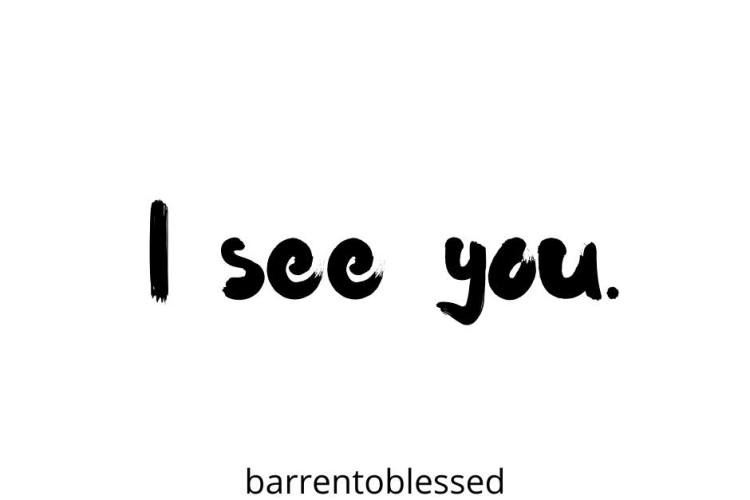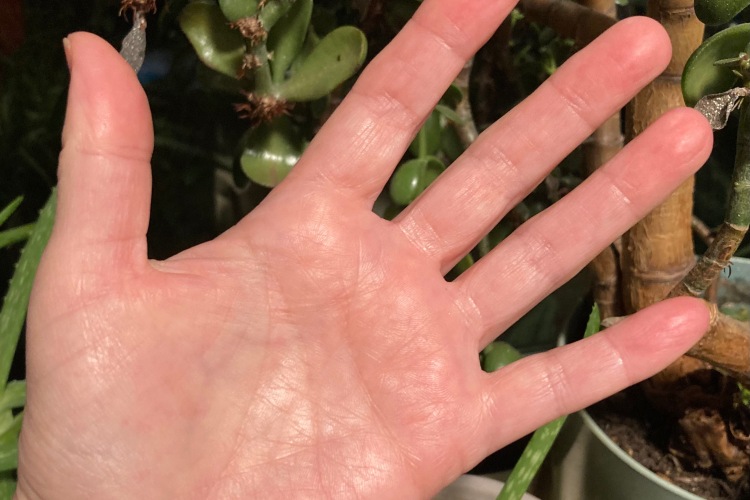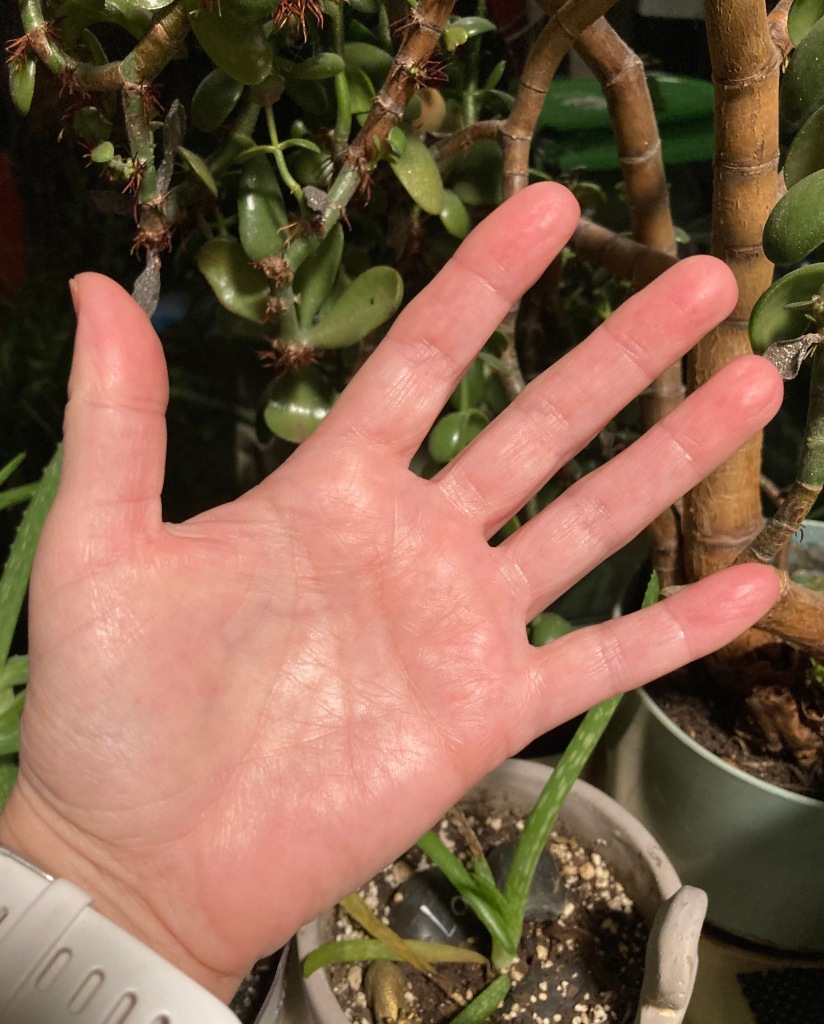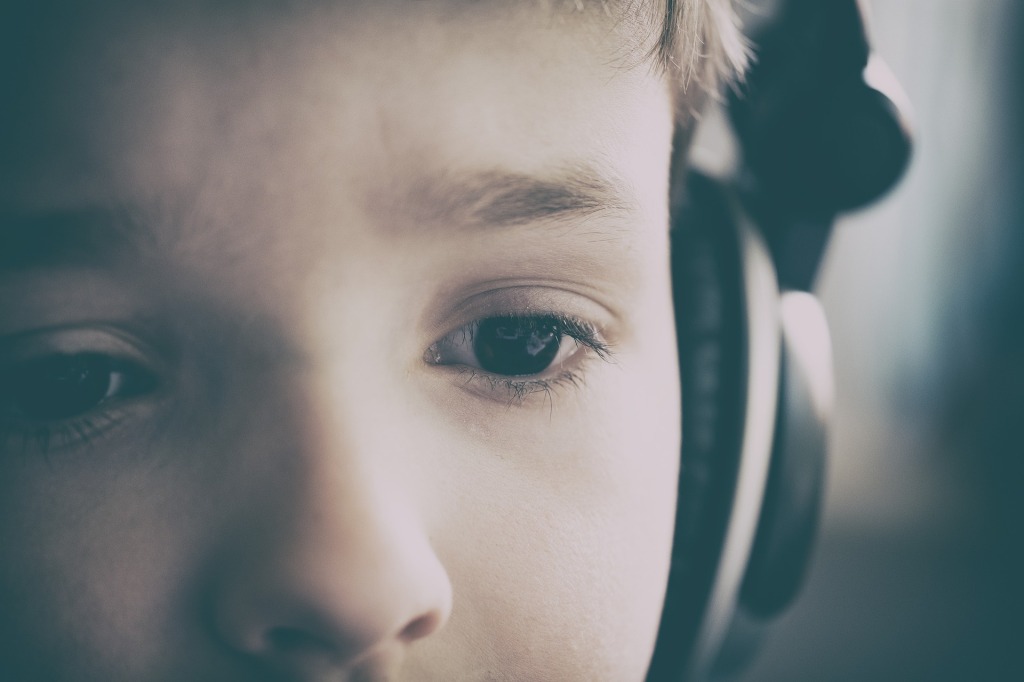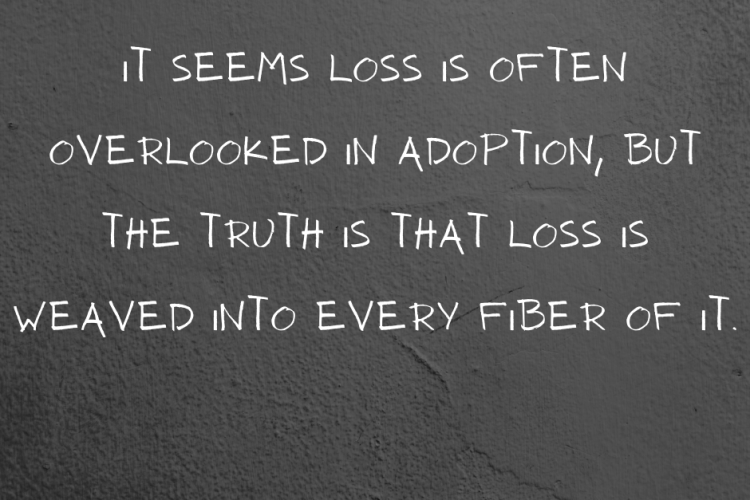My youngest child likes to watch motivational videos on YouTube. Sometimes, the videos are fictional stories based on current life issues. One particular video caught my eye, so I sat down to watch it with him. Adoption is the main theme of this video and in my opinion, they got so many things wrong. When adoption is misrepresented, I tend to notice.
*I decided not to post a link to the video as I do not want to promote it. The story is fictional, using actors.*
Scene: A couple introduces a school age girl to their middle-school-aged daughter and says,
“Meet your new sister.” Their daughter reacts by saying, “She’s not my real sister. I’m your real daughter. She will never be my sister.”
The girl runs off, crying and soon the parents start scolding their daughter for her actions. Then, they said the words that cause me to cringe every time I hear anyone say them.
“We’ve been waiting until the right time to tell you but…” They go into this toxically sweet explanation of how they couldn’t have a baby and decided to adopt her. “So, you see, you’re adopted as well.” The girl said something like, “My entire life has been a lie?” They comfort her and she (quickly) becomes okay, again. She then runs upstairs to comfort her newly adopted sister.”
End scene. Cue throwing up a little in my mouth.
There are so many things wrong with this video. While I believe the creator attempted to teach a lesson about assumptions and adoption, it was way off and a total disaster. (This is my perspective of an adoptive parent – not of an adoptee.)
First, it’s never going to feel like the “right time”. Because let’s be honest, a lot of us (AD parents) fear the child rejecting us. Here’s the reality, though – kids deserve to know their histories. All of it.
Using adoption positive language in our home (once we were legally cleared to do so) became the norm. The words – adoption, foster care, biological families, biological mothers/fathers, siblings, etc – were words my kids were familiar with. Placed as infants, they grew into toddler-hood and school-age-hood knowing they were adopted. We don’t fear discussions about it. Our kids take charge of these discussions, ask questions, etc. They grieve when they need to – not when we’re ready for them to.
Seriously. It’s never going to feel like the right time for you (adoptive parent) but if you hide adoption from your child, don’t expect him or her to trust anything else you say. Their entire lives may feel like a lie – because omitting the truth is very similar to it.
Okay, second point. It is unrealistic for a child to just go, “Oh, okay. Now I know the truth and I’m all good.” Um, nope. From witnessing my children, I have seen that adoption is very much an evolutionary process. Each and stage of life brings about unique challenges.
Sometimes, it’s heavy. Sometimes, it’s light. But it’s always about their needs, not ours. When they come to us to talk about it, we stop and listen. When they eventually say they want to reunite with biological family, we will stop what we’re doing and ask if they need help. It will be when THEY’RE ready, not us.
Third point – Please do not use infertility as the sole reason you adopted your children. Let’s say that again. Do not use your infertility as the sole reason you adopted your children. My kids know I can’t have babies. They figured it out when asking if I could have a sibling for them. I have never said, “The reason we adopted you is because we can’t have a baby.” The truth is that is not the reason we adopted our children. We adopted them because we loved them and when the opportunity came, we took it.
Literally, cringe-worthy. Infertility comes into play in a lot of adoptive families’ lives but it should not be the only reason for adoption. Adoption deserves better. Our kids deserve better.
Fourth point – Just say to no to surprising people with new siblings, etc. Kids are not presents that you lay under a tree. We’ve surprised our kids with a new puppy but I could never image surprising my kids with a new sibling. Every ounce of that is wrong. Kids should be a part of the discussion.
When we took in my youngest (who is also biologically related to me), our kids were a part of that discussion. They were only six and four; yet, we included them. We call our third adoption a “surprise” but not because it was a surprise to our family – as in “here’s your new puppy kind of surprise”. We didn’t plan to adopt again. So to us, it was a bit of a surprise.
Looking at my son when the video ended, I said, “I think her parents should’ve told her she was adopted when she was a lot younger. Do you?” His answer: a resounding “YES”. My kiddo is only eight and struggles with comprehension but he understood very clearly what was wrong with the video. When adoption is misrepresented, it does more damage.
I sure wish media did the same when creating tales about adoptive families and adoptees. They miss the mark nearly all of the time. This so-called motivational video got it all wrong, as well. Adoptive families and adoptees are either portrayed as over-the-top positive, lovey-dovey or the lead perpetrator of heinous crimes in an episode of a crime show. There’s hardly even a show with adoption theme that represents the vast majority of us – just normal people doing our best to live and love.
We must recognize adoption for what it is – a complex, multi-layered experience. We aren’t perfect and I know every (adoptive) family will experience different things, but we must always put kids first – before our feelings, before our fears. When adoption is misrepresented, it hurts everyone involved – adoptive parents, biological parents, and most important, adoptees.
Like this? How about sharing it? After all, sharing is caring!
